OpenAI thought it hit a home run with GPT-5 – users weren't so keen
It’s been a tough week for OpenAI after facing criticism from users and researchers

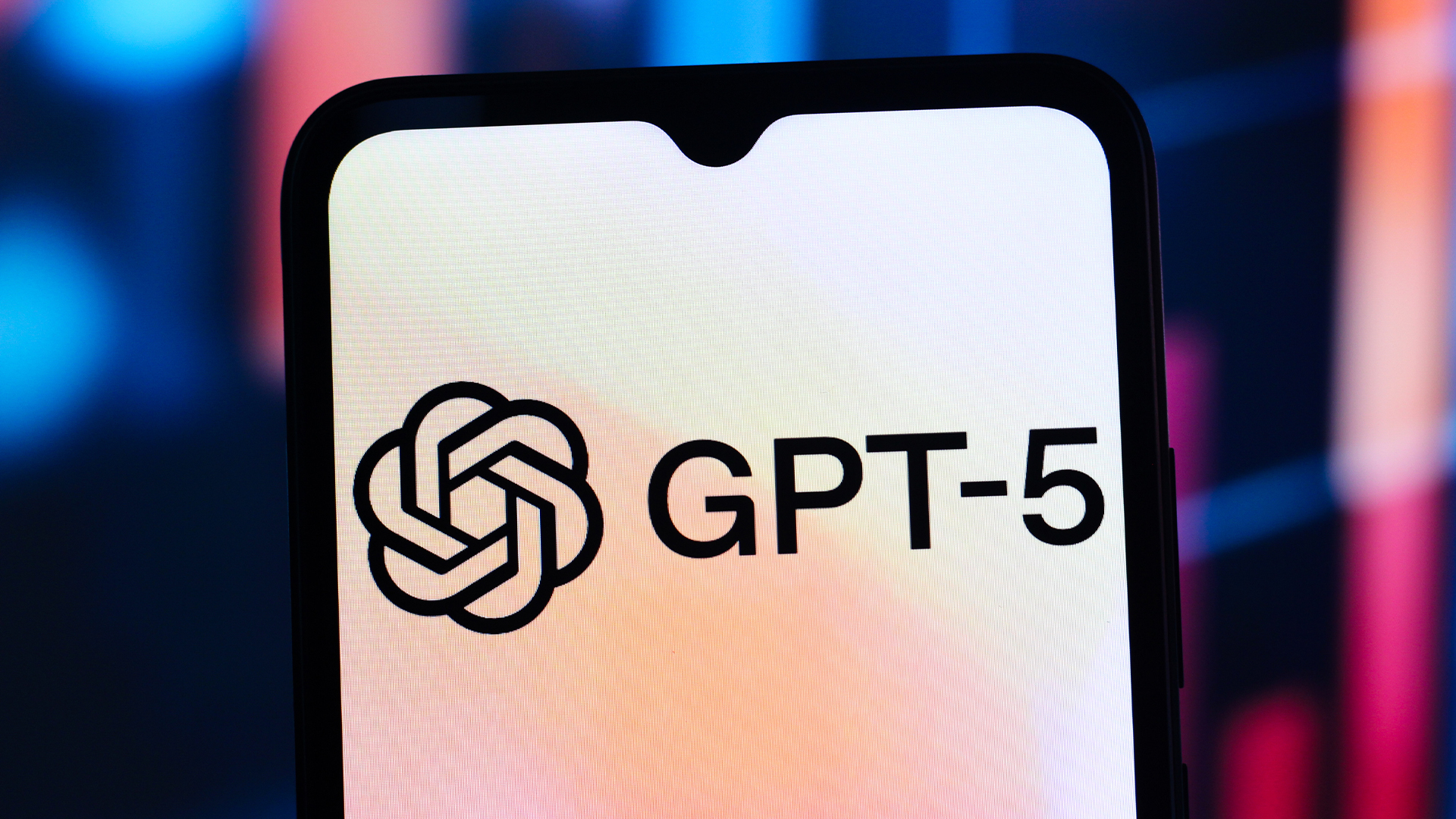
Sign up today and you will receive a free copy of our Future Focus 2025 report - the leading guidance on AI, cybersecurity and other IT challenges as per 700+ senior executives
You are now subscribed
Your newsletter sign-up was successful
OpenAI has been forced to bring back GPT-4o after facing a user backlash in the wake of the GPT-5 launch.
OpenAI unveiled GPT-5 at the end of last week, with the company claiming the new model was faster at coding, better at reasoning and writing, and made fewer factual errors. Additionally, it includes the ability for the system to decide which model to use to answer a query.
While many were eager to see the new version after a long wait – GPT-4 was released back in 2023, though it was updated to GPT-4o last year – the response wasn’t entirely positive.
Instead, there's been a bit of a backlash, with complaints about slow responses, basic errors, and even some users missing the older model.
CEO Sam Altman took to X to respond to the complaints last week, noting that the company was working to make improvements.
“We expected some bumpiness as we roll out so many things at once. But it was a little more bumpy than we hoped for,” he wrote.
ChatGPT users were missing GPT-4o
One major complaint was the disappearance of GPT-4o, with some saying they preferred it to GPT-5 because of the older version's warmer tone and that the move disrupted their workflows with no prior warning, sparking threats of cancelled subscriptions.
Sign up today and you will receive a free copy of our Future Focus 2025 report - the leading guidance on AI, cybersecurity and other IT challenges as per 700+ senior executives
Altman took to X to say that GPT-4o would be brought back — but so far only for Plus subscribers. Beyond that, he added that OpenAI would "focus on some changes to GPT-5 to make it warmer."
He later remarked on the "attachment some people have to specific AI models", saying that it "feels different and stronger than the kinds of attachment people have had to previous kinds of technology (and so suddenly deprecating old models that users depended on in their workflows was a mistake)."
That references a known problem with GPT-4o's sycophantic tone, which Altman suggested could be one reason people feel so attached to the model.
OpenAI isn’t alone in backlash for bold new updates. Indeed, Microsoft has faced significant pushback from users with virtually every major Windows update over the years.
The company has spent several years cajoling users into upgrading to Windows 11, largely due to the popularity of its predecessor.
Adobe also faced refusals to upgrade beyond Photoshop CS6 to avoid shifting onto a subscription setup, while Apple fans ferociously clung to Snow Leopard despite newer operating systems for Mac coming onto the scene.
Other complaints
Beyond missing GPT-4o, others complained that the new model simply wasn't as good — one described it as "a downgrade" on X.com.
However, Altman claimed that a fault meant the model wasn't working properly, noting that GPT-5 would "seem smarter" after it was fixed. He said "the autoswitcher broke and was out of commission for a chunk of the day, and the result was GPT-5 seemed way dumber."
Beyond that, OpenAI will alter the user interface to make it clearer which model was answering a query and to increase rate limits for paid subscribers.
He said compute would be prioritized for premium ChatGPT customers, and then allocated to API demand for existing commitments to customers, before increasing the quality for the free tier of ChatGPT.
Altman said OpenAI is doubling its compute fleet over the next five months to help improve the situation.
AI plateau?
While OpenAI said at the launch of GPT-5 that the new model is a "significant step along the path to AGI," one researcher suggested that instead AI has perhaps "just plateaued".
In a post for The Conversation, Michael Rovatsos, Professor of Artificial Intelligence at the University of Edinburgh, questioned Altman's claim that GPT-5 "really feels like talking to an expert in any topic, like a PhD-level expert."
Rovatsos pointed to a post online showing that GPT-5 couldn't draw a map of North America and label it accurately — among many, many errors, the new model placed the Canadian city of Edmonton further west in "Brittch Columbia" and made Austin its own state rather than a city in Texas.
"It also cannot learn from its own experience, or achieve more than 42% accuracy on a challenging benchmark like 'Humanity’s Last Exam', which contains hard questions on all kinds of scientific (and other) subject matter," he noted.
"This is slightly below the 44% that Grok 4, the model recently released by Elon Musk’s xAI, is said to have achieved."
Rovatsos pointed to GPT-5's introduction of a "router", used to decide which model of GPT should be used to answer a question, which could improve answers as well as make GPT-5 cheaper to run.
"At the same time, this may well be an admission that we have reached a point where LLMs cannot be improved much further to deliver on the promise of AGI," he added.
"If so, it will vindicate those scientists and industry experts who have been arguing for a while that it won’t be possible to overcome the current limitations in AI without moving beyond LLM architectures."
Make sure to follow ITPro on Google News to keep tabs on all our latest news, analysis, and reviews.
MORE FROM ITPRO
Freelance journalist Nicole Kobie first started writing for ITPro in 2007, with bylines in New Scientist, Wired, PC Pro and many more.
Nicole the author of a book about the history of technology, The Long History of the Future.
-
 AWS CEO Matt Garman isn’t convinced AI spells the end of the software industry
AWS CEO Matt Garman isn’t convinced AI spells the end of the software industryNews Software stocks have taken a beating in recent weeks, but AWS CEO Matt Garman has joined Nvidia's Jensen Huang and Databricks CEO Ali Ghodsi in pouring cold water on the AI-fueled hysteria.
-
 Deepfake business risks are growing
Deepfake business risks are growingIn-depth As the risk of being targeted by deepfakes increases, what should businesses be looking out for?
-
 Google says hacker groups are using Gemini to augment attacks – and companies are even ‘stealing’ its models
Google says hacker groups are using Gemini to augment attacks – and companies are even ‘stealing’ its modelsNews Google Threat Intelligence Group has shut down repeated attempts to misuse the Gemini model family
-
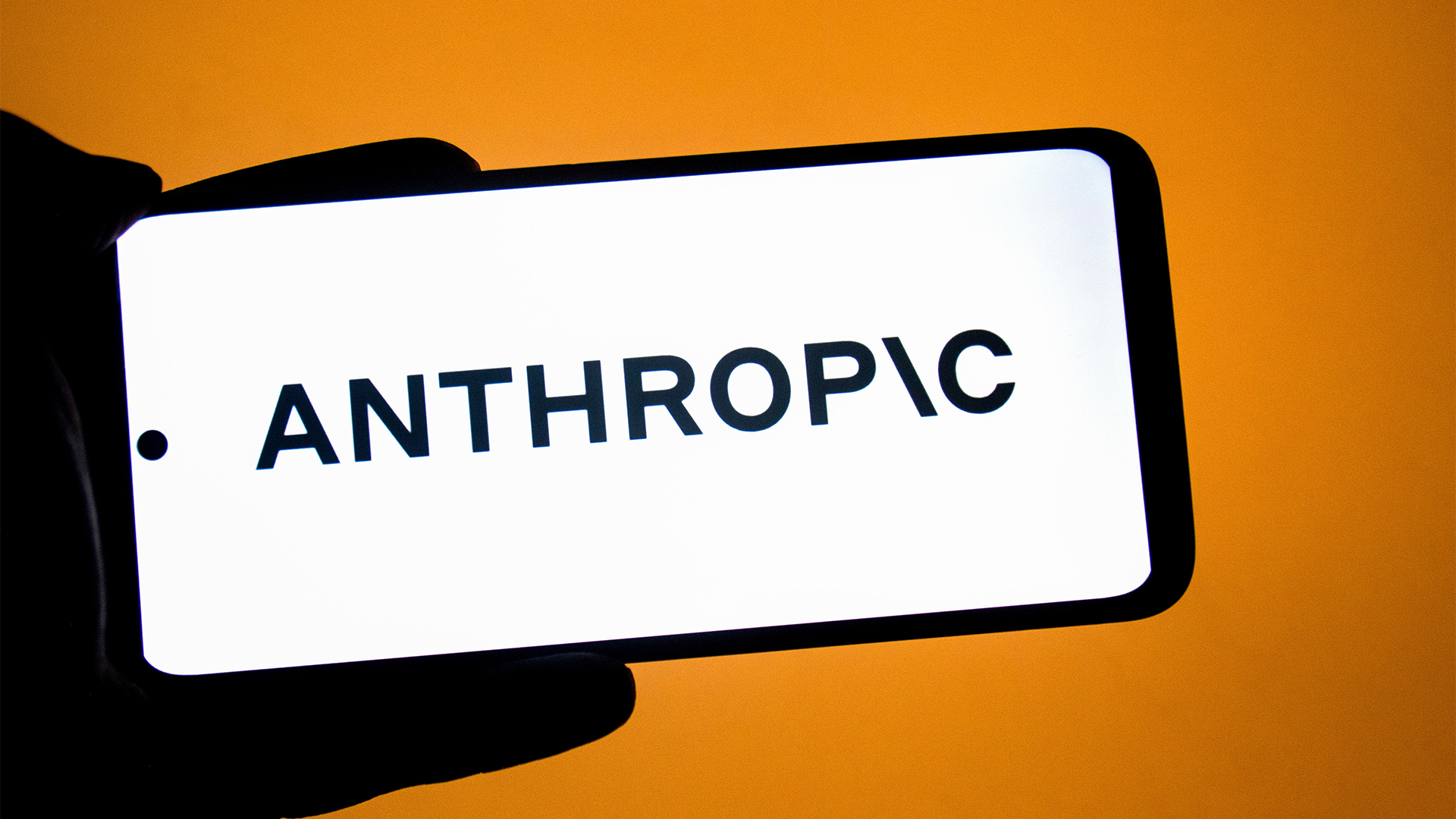 Why Anthropic sent software stocks into freefall
Why Anthropic sent software stocks into freefallNews Anthropic's sector-specific plugins for Claude Cowork have investors worried about disruption to software and services companies
-
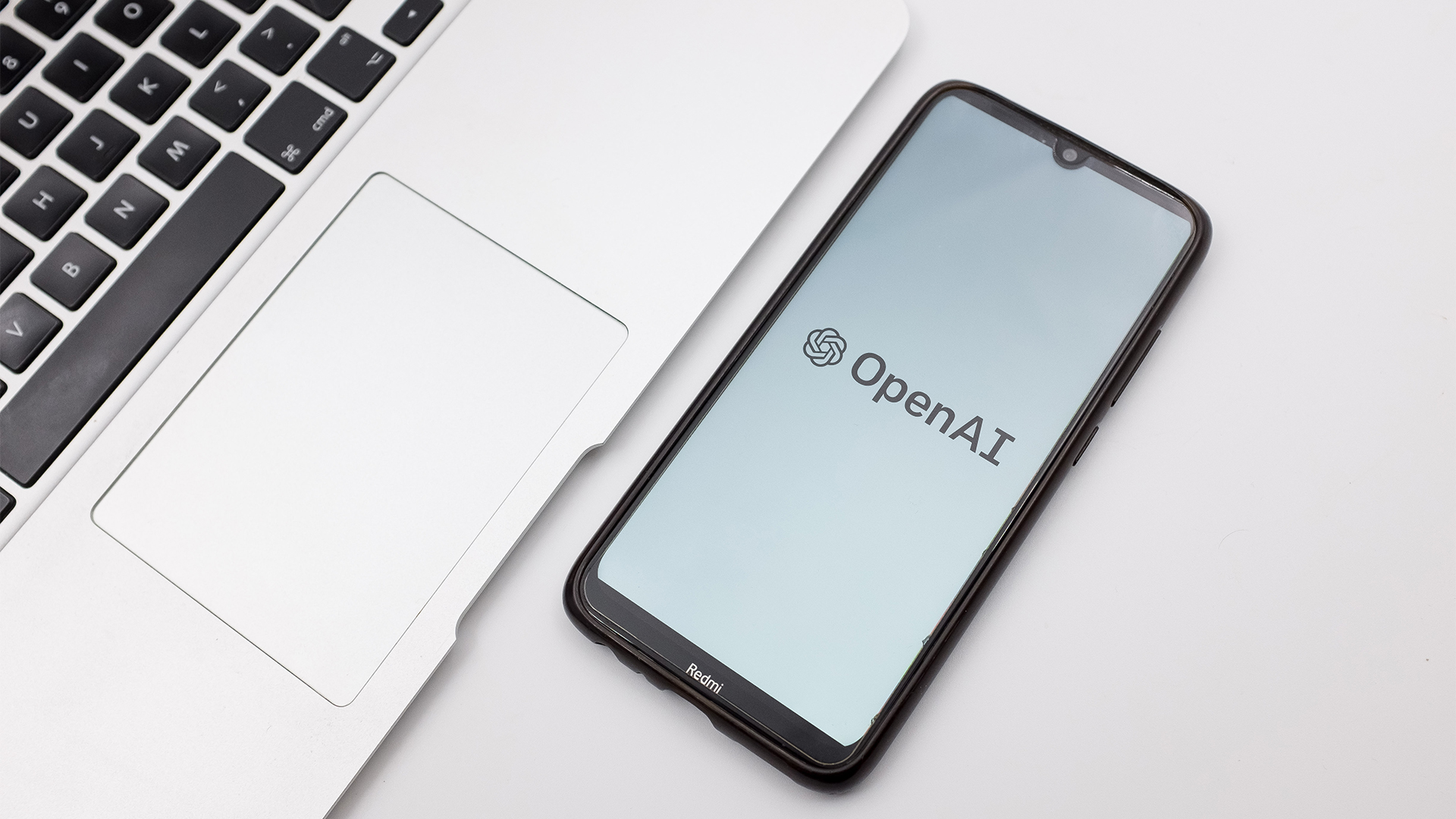 OpenAI's Codex app is now available on macOS – and it’s free for some ChatGPT users for a limited time
OpenAI's Codex app is now available on macOS – and it’s free for some ChatGPT users for a limited timeNews OpenAI has rolled out the macOS app to help developers make more use of Codex in their work
-
 B2B Tech Future Focus - 2026
B2B Tech Future Focus - 2026Whitepaper Advice, insight, and trends for modern B2B IT leaders
-
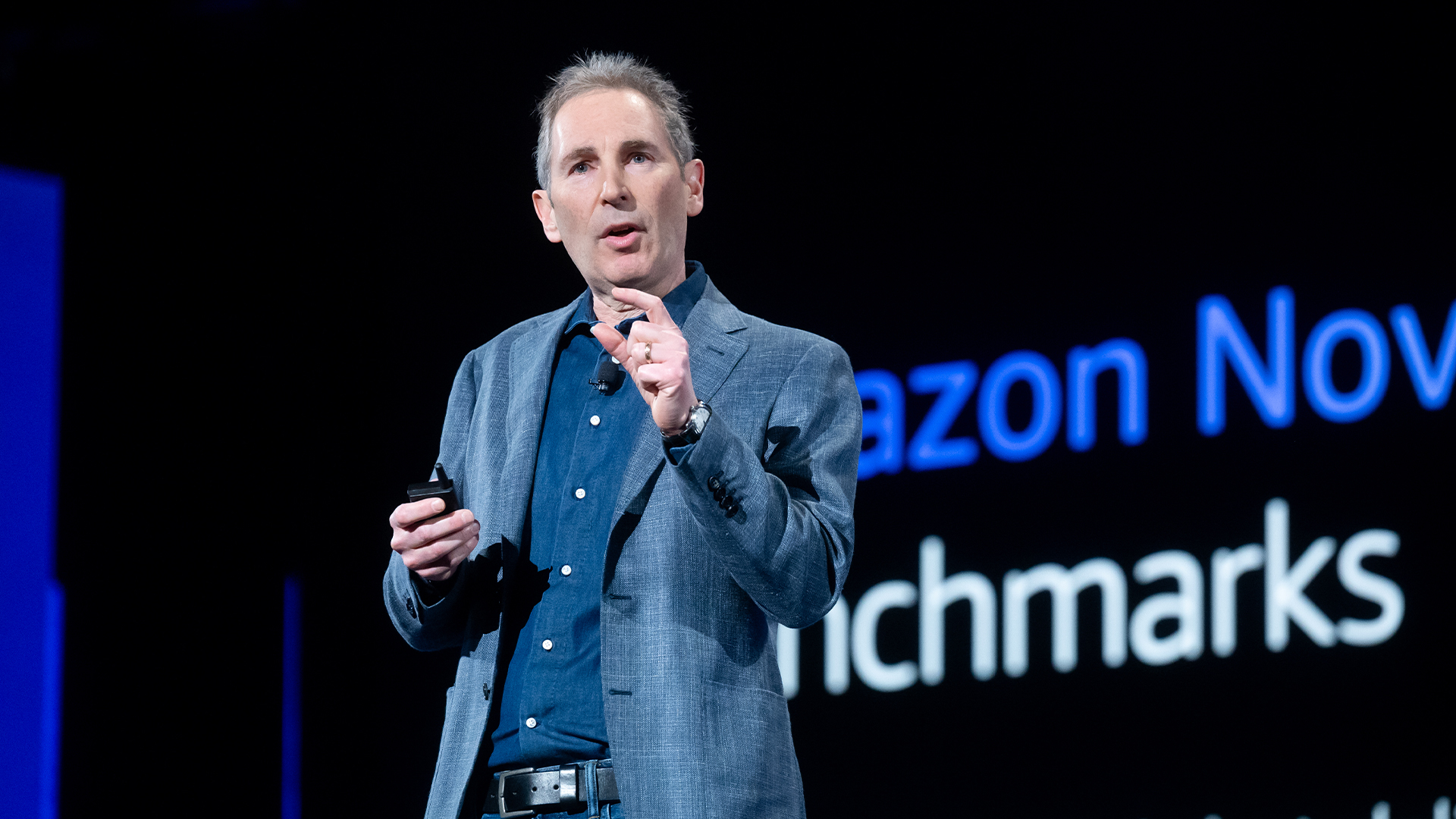 Amazon’s rumored OpenAI investment points to a “lack of confidence” in Nova model range
Amazon’s rumored OpenAI investment points to a “lack of confidence” in Nova model rangeNews The hyperscaler is among a number of firms targeting investment in the company
-
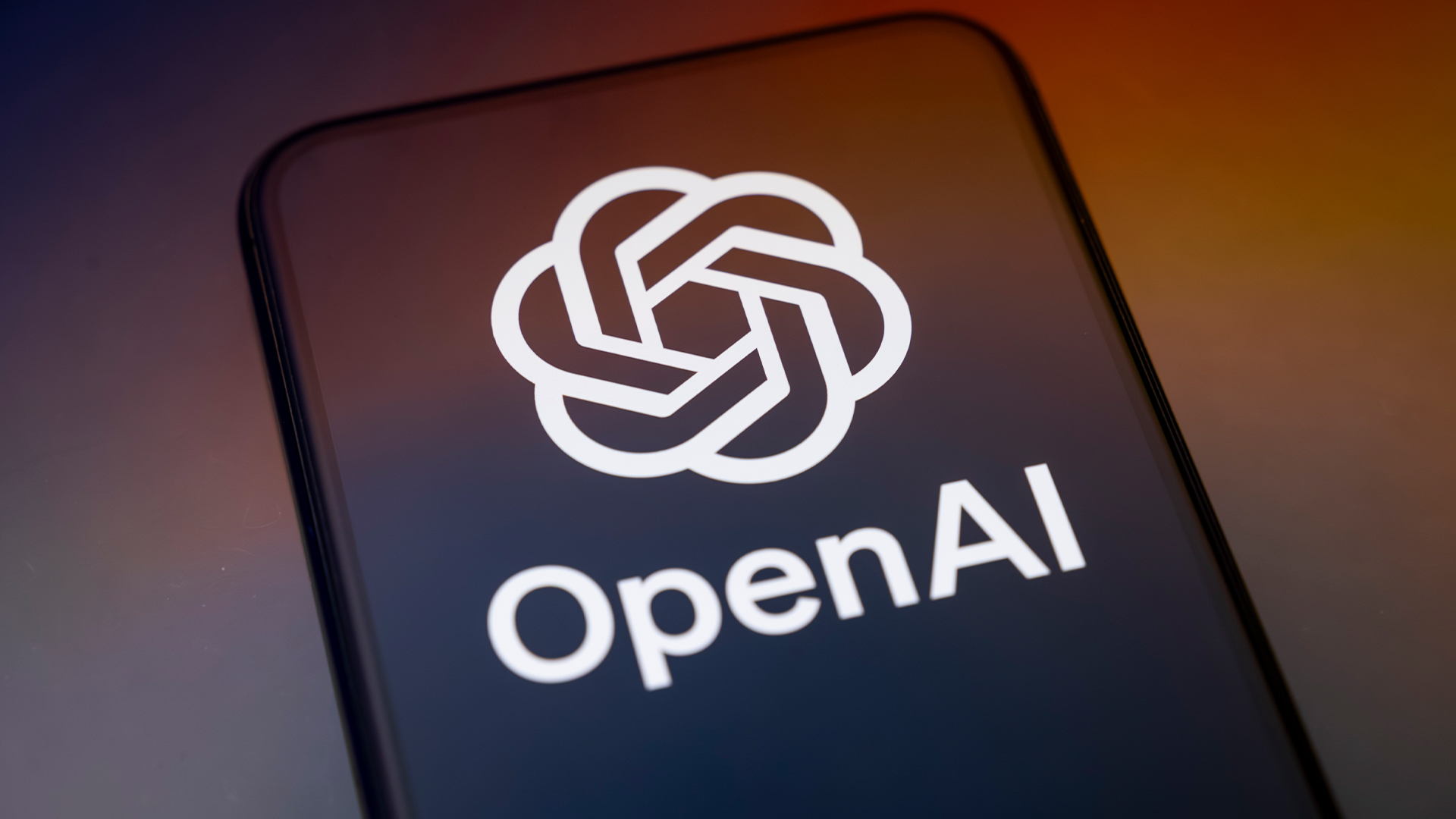 OpenAI admits 'losing access to GPT‑4o will feel frustrating' for users – the company is pushing ahead with retirement plans anway
OpenAI admits 'losing access to GPT‑4o will feel frustrating' for users – the company is pushing ahead with retirement plans anwayNews OpenAI has confirmed plans to retire its popular GPT-4o model in February, citing increased uptake of its newer GPT-5 model range.
-
 What the UK's new Centre for AI Measurement means for the future of the industry
What the UK's new Centre for AI Measurement means for the future of the industryNews The project, led by the National Physical Laboratory, aims to accelerate the development of secure, transparent, and trustworthy AI technologies
-
 ‘In the model race, it still trails’: Meta’s huge AI spending plans show it’s struggling to keep pace with OpenAI and Google – Mark Zuckerberg thinks the launch of agents that ‘really work’ will be the key
‘In the model race, it still trails’: Meta’s huge AI spending plans show it’s struggling to keep pace with OpenAI and Google – Mark Zuckerberg thinks the launch of agents that ‘really work’ will be the keyNews Meta CEO Mark Zuckerberg promises new models this year "will be good" as the tech giant looks to catch up in the AI race
